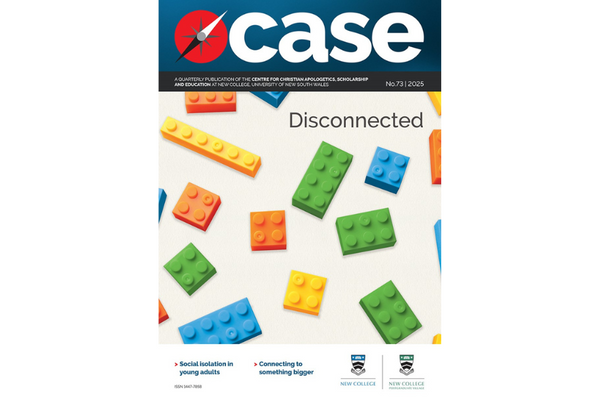Book Review: Jesus & Money

(Ben Witherington III, Jesus and Money Grand Rapids, MI: Brazos Press, 2010.)
Ben Witherington III has real sympathy for people who have lost their homes in the recent economic downturn, but he thinks that many of our wounds are self-inflicted (p9). He is particularly disgusted by the greed and materialism of the conservative evangelical church (p11) and blames ‘prosperity preachers’ who ‘baptize the materialistic orientation of our culture and call it godly, and good, call it a blessing from God, when it is often better seen as a temptation of the devil’ (p11).
Witherington sets out to present the reader with a comprehensive picture of what the Bible teaches on money from Genesis to Revelation. His aim is to challenge our self-indulgent living and to show that the ‘prosperity gospel’ is not biblical.
The book starts in Genesis, reminding us that all things ultimately belong to God, and that therefore there is no such thing as private property or even public property. He debunks a number of interpretations of oft-cited passages in the Old Testament which are frequently misused by prosperity preachers, including Chronicles 4:9-10 on which the influential book The Prayer of Jabez[1] is based. He argues that while prosperity may be a mark of favour in the Old Testament, it is not always so, since it can also be a mark of one’s wickedness (eg. Ezek 7:19-20).
Witherington begins his discussion of New Testament teaching with some useful background information on the economic world of the first century, before unpacking in detail most of the key New Testament passages on money. I particularly enjoyed his insights into the parable of the Shrewd Manager in Luke 16, and the fact that in the parable of the rich man and Lazarus (Luke 16:19-31) the rich man who is in hell has five brothers – a possible reference to King Herod who also had five brothers.
I also enjoyed thinking about passages which may have an economic thrust where I had noticed none before. For instance, when Jesus defines the shape of his ministry in Luke 4:18-19, verse 19 alludes to the year of Jubilee when people are released from debts. Witherington also presents a strong argument that when Galatians 6:2 urges us to carry each other’s burdens, this could be in a financial way. Other interesting applications were 1 Timothy 2:9-10, where women are encouraged not to wear ‘bling’ so they won’t be a distraction in Christian worship gatherings; and Revelation 18-19, where the merchants of the earth have grown rich from the excessive luxuries of the Beast (Rome), which Witherington sees as a warning for Christians to resist making money from institutionalized sin (eg. cheap overseas labour).
While Witherington applies the teaching of each chapter to our modern life as he goes along, his final chapter presents nine ideas for de-programming ourselves from conspicuous consumption. They include distinguishing between necessities and luxuries, committing to projects of caring for the poor, evaluating your budget, decreasing the amount of waste in your life and forgiving someone who owes you money. While these are helpful ideas, I didn’t find this chapter particularly challenging. The strength of the book is its breadth of coverage; its weakness is that application is not dealt with in depth.
The thing I enjoyed most about this book was feeling the overall weight of the Bible’s teaching on money and being forced to think about my own attitudes to money. I was particularly challenged by the sermon by John Wesley on ‘The Use of Money’ reprinted in Appendix 2. Wesley’s challenge is to earn all you can (within limits); save all you can (and don’t throw money away on your children); and give all you can.
This book would be a useful tool for a preacher or Bible study leader who is looking for some fresh insights into the ‘money’ passages of the New Testament. It would work well as a book to read in a group or with another person, a chapter or two at a time, followed by discussion about how to put it into practice. Because of its emphasis on arguing against the ‘prosperity gospel’, this would also be a good book to give away to Christian friends who are caught up in this view.
I’ll finish with one of Ben Witherington’s classic quotes: ‘Jesus did not live a life of self sacrifice and die on the cross in order to set up the First Church of Conspicuous Consumption and the Upwardly Mobile’ (p154).
[1] Bruce Wilkinson, The Prayer of Jabez. Breaking through to the blessed life (Sisters, Oregan: Multnomah Publishers, 2000).
Leave a comment
Comments will be approved before showing up.



